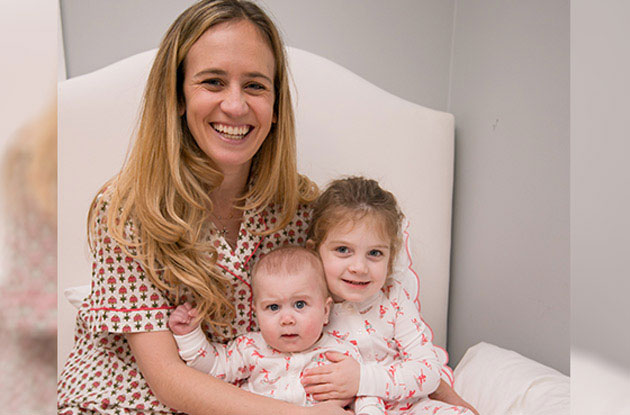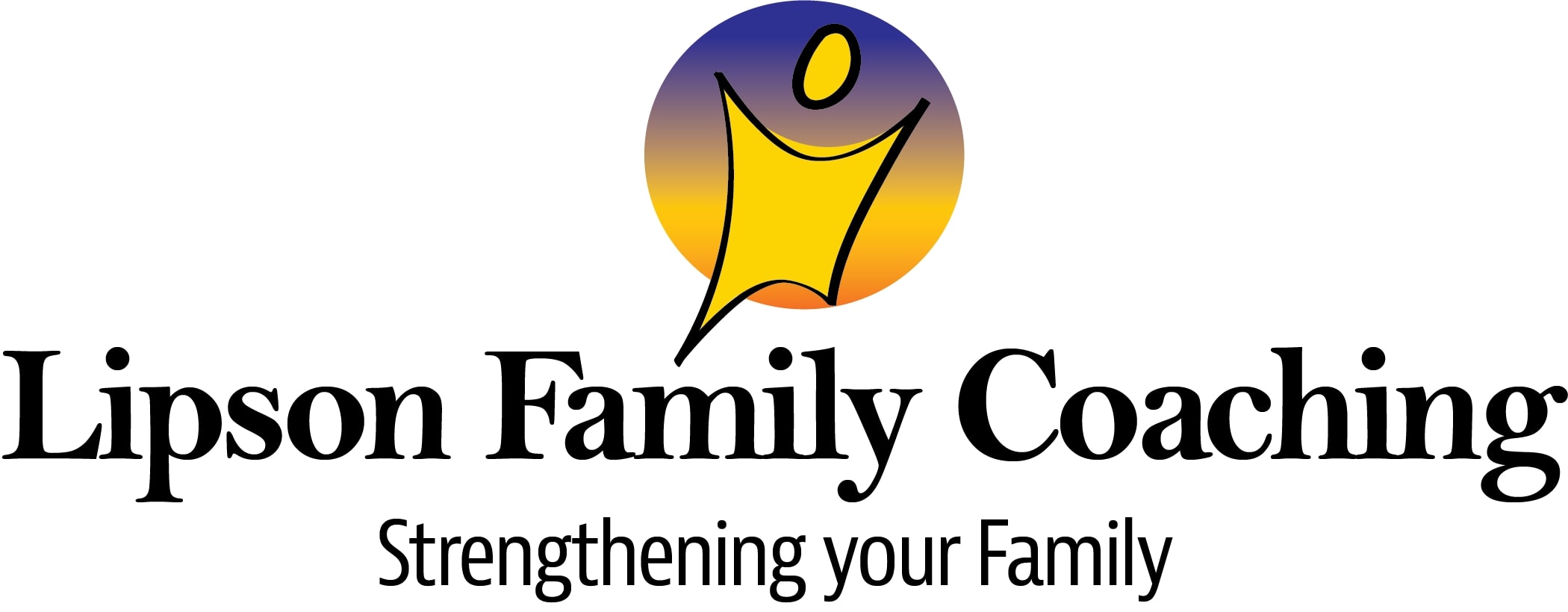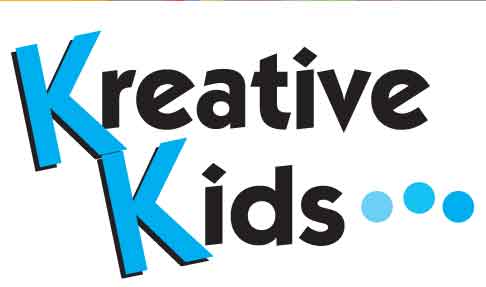Get the Best Winter Activities
Yes, the 21st century parenting pressures of global competition, unstable job markets, rising GPAs, and “keeping up” can bring out the over-competitive, overprotective tiger in anyone – including me. My recommendations are:
Stop and take a few deep breaths. Deep breathing takes us off the mindless “hamster wheel” and out of fear mode. When our lungs are fully expanded, sensory receptors send a signal to our brain that we are ok and we can now think with our higher cortex.
Second – ask yourself the question, “does whatever I am doing now feel right?” If it doesn’t, that is your intuition speaking to you. Intuition is defined as the “knowledge gifted to us by nature,” and we now know it is a biologic system involving multiple organs including your brain, heart, and gut. The human intuition system has evolved over millions of years to guide us to. Trust it.
In THE DOLPHIN WAY, you argue that the 21st century is the “Age of the Dolphin.” How so?
In the 19th century, “knowing the right answer” measured through grades and standardized tests often determined opportunity. In a 21st century marked by unprecedented access to knowledge through global connectedness, knowing how to ask the right questions, adapt, and collaborate will determine opportunity. Dolphins are very curious, great communicators, highly social, and community-minded. They are adaptable and playful but also strong and fierce when they need to be (the top of the food chain – the killer whale or orca - is actually a dolphin).
What is the one trait or skill that you feel it is essential for parents to cultivate in their kids – and why?
In the Dolphin Way, I coin the term CQ which is an integration of “left brain” raw intelligence (IQ) and “right brain” emotional intelligence (EQ). CQ stands for the 4 key 21st century skills of creativity, communication, collaboration, and critical thinking. These skills come from living a balanced life and developing a sense of self-motivation. They give our Dolphin kids the one thing consistently proven for survival and success – the ability to adapt.
Since the Battle Hymn of the Tiger Mother and Bringing Up Bebe, there has been a lot of debate about cultural differences in the realm of parenting and achievement – i.e., some cultures just know what it takes to raise successful kids. As the daughter of Indian immigrants, what are your thoughts on this issue? And how have your experiences growing up shaped your approach to parenting your own three children?
There are Tigers, Dolphins, and Jellyfish in all cultures, and this is supported by science and my own clinical and personal experiences. Throughout the history of this country, the children of immigrants from various cultures have made huge leaps. But is this because immigrant parents are all Tigers? No way! Many immigrants don’t have the time or money to sign their kids up for multiple activities or hover over their child’s piano practice. In fact, like my own parents, many immigrants need their children to work part-time, help around the house, look after younger siblings, interpret English, or just figure things out on their own. Practically speaking, immigrant kids are rarely “over-parented” and often grow up in real-life environments with enough time to play, explore, socially connect and problem solve. This is what leads children to develop the ability to adapt and gives them the internal drive that can catapult them to success. When I feel overwhelmed and stressed, I often remind myself that I am an educated, financially secure parent of three and my own mom was an uneducated, poor parent of five. So instead of doing more, perhaps I should be doing less.
What is the most important concept or idea that you hope people take away from reading THE DOLPHIN WAY?
The great thing about Dolphins is that most people can find something they love about them and can incorporate it into their own lives. Some people like to be reminded to be curious, collaborative, or altruistic. Others like the lifestyle reminders of social bonding, play, or sleep (dolphins sleep 8 hours a night by alternating their brain hemispheres). My hope for The Dolphin Way is to remind 21st century parents of what it truly means to be human.
Dr. Shimi Kang is a Harvard-trained physician and one of a few experts in the field of neuroscience, psychology, and day to day reality of human motivation. She's currently the medical director for Child and Youth Mental Health for the city of Vancouver and a Clinical Associate Professor at the Unviersity of British Columbia.






.jpg)

